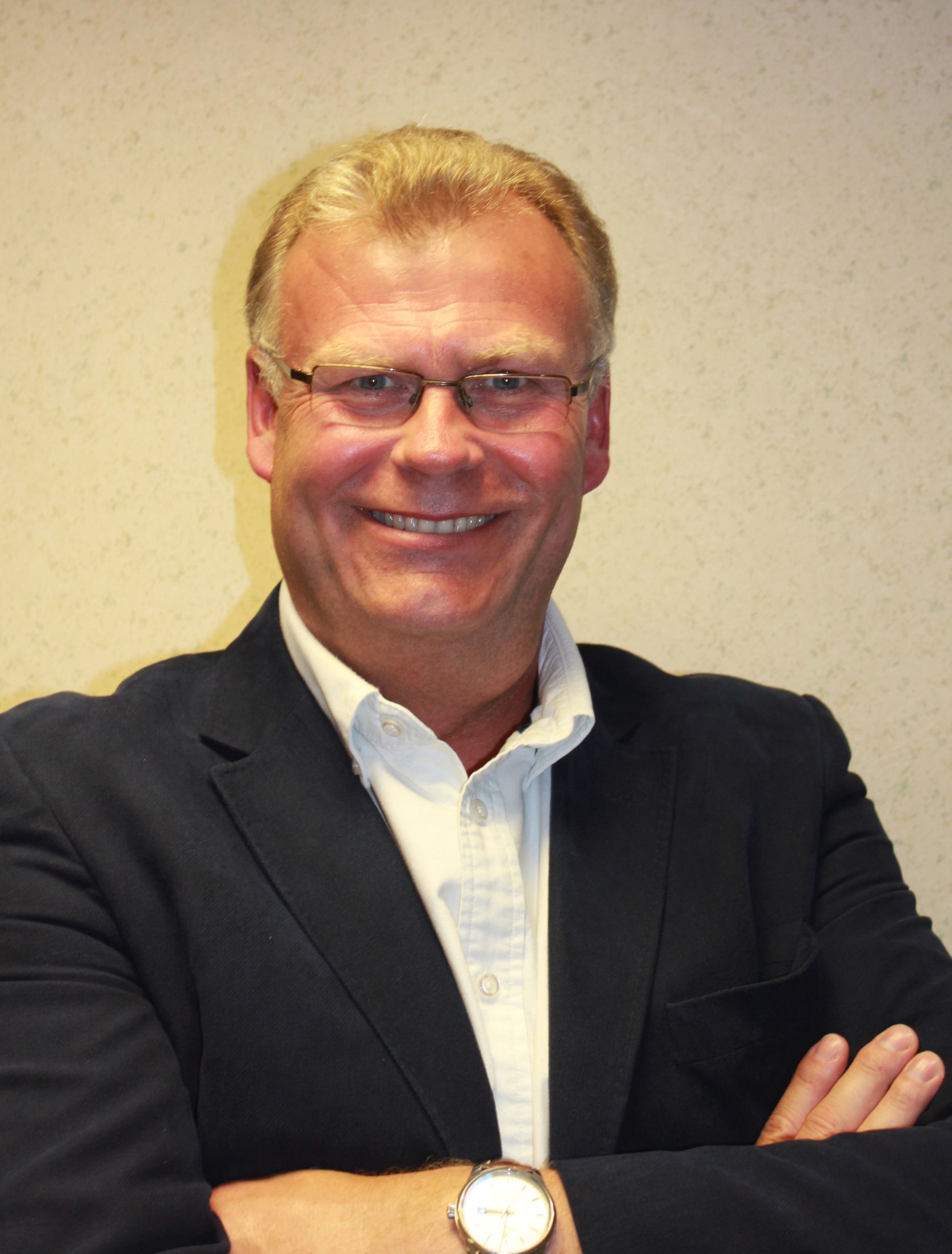There are literally hundreds of leadership courses out there in the market today, but only a fraction deal with the most critical and basic of topics, the ability to lead self. But without this firm foundation all other aspects of leadership are built on sand.
In today’s “COVID” world the ability to lead self is absolutely critical. Healthcare workers at all levels, be they in clinical, managerial or support roles, are under immense pressure and are being asked to access their best all of the time. But do we access our best? Of course, if we were truly honest with ourselves the answer is ‘no’ because each and every one of us, from the Chief Executive to the newest of joiners has potential to be more and do more. But do we truly accept this truism? If you look at the scarcity of ‘attitudinal’ development programmes in comparison to the number of skills-based courses, you begin to realise there may be a gap.
There is a wonderful quote from an American writer called Marianne Williamson, which is often misquoted and attributed to Nelson Mandela, but you can understand why, for it reads:
“Our deepest fear is not that we are inadequate, our deepest fear is that we are powerful beyond measure. It is our light, not our darkness, that most frightens us.”
A Return to Love – Marianne Williamson
Personal Leadership is about our taking steps towards that light and releasing more of that potential that lies within us. But to do that we need to be open, honest and courageous towards ourselves. So below I have outlined three simple strategies that we should consider when looking at developing our Personal Leadership.
Accepting what is: There is a famous saying which states “change what you can’t accept and accept what you can’t change”. Leadership is the wisdom to know which of these needs to be applied. Once we accept what is, and do not look for blame or consider ourselves victims, we are able to move forwards. In healthcare we are faced with huge challenges but many of those challenges are possibly out of our control; indeed, the very presence of Covid-19 is out of our control. Leading self means that you keep a clear focus on what it is you can directly influence. Across the world there are healthcare professionals operating in Third World situations, refugee camps and the such, who desperately would love to have just one tenth of the materials and support facilities that we enjoy here in the UK, but they focus on what they can do to make the difference. They accept what is and focus on what they can achieve rather than on what they can’t.
Taking greater levels of response-ability: It is a unique human trait that we have the ability to choose our response in every given situation. How we respond affects our outcomes. However, the truth is that there are lots of examples where we abdicate ‘response-ability’ and blame others for what is. A classic example is where someone says,” this computer is really annoying me!”. Is the computer, an inanimate object, annoying them, or are they ‘choosing’ to be annoyed? We filter our experiences through our thinking systems and often react to events, creating suboptimal outcomes. Whereas a strong personal leader, when faced with a similar situation, takes responsibility for the emotions they are experiencing, decides on the outcome they want and then chooses the most appropriate response to that situation to take them towards the desired outcome. This is a subtle, yet fundamental difference. Emotional Awareness is critical in taking back control and becoming leaders rather than reactionaries, and this development of the practical application of emotional intelligence within our healthcare settings is key. It protects us from hitting burn out, it helps us cope with stress and most importantly it helps us to achieve that life/work balance we all seek.
Control the focus of your camera: Inside our heads we have a camera, and wherever our camera is pointed determines what we see. Every experience in life is like a battery, it has positive and negative within it. We filter our experiences and our camera focuses on either the positive or the negative within a situation. But as with all cameras, if we focus on the positive, we delete the negative and if we focus on the negative, we delete the positive. This simple phenomenon is the root of “Learned Pessimism”, because it is very easy for us, under times of pressure and constant change, to create the habit of focusing on the negative, which in turn feeds demotivation, insecurity, loss of confidence and a feeling of victimisation. Whereas of course, the opposite is equally true. There is good in every situation if we choose to look for it. There is learning, growth, opportunity and change. Developing the ‘habit’ of learned optimism rather than pessimism is a key leadership skill and benefits the whole system.
Personal Leadership is a complex subject, primarily because it has emotional control at its core. But the end goal is a more balanced life, a feeling of greater control and ultimately a motivation to continually improve our emotional self. It is about releasing potential within ourselves, before we even consider releasing it in others and it is about recognising that every single one of us, no matter our title, experience or role, has the ability to be more than we are at present time. But do we have the ability to access that ability? It is a question we all need help in answering.
Keith Stanton

Keith Stanton is Managing Director of Votive Leadership Consultancy Limited
Email: keith@votiveleadership.com
www.votiveleadership.com
Conflicts of interest
I have read and understood the BMJ Group policy on declaration of interests and declare the following interests: Keith Stanton is a Faculty Member of the NHS Leadership Academy.
Editor note
Comments for this chat have been turned off due to spam. Please get in touch with BMJ Leader at info.bmjleader@bmj.com